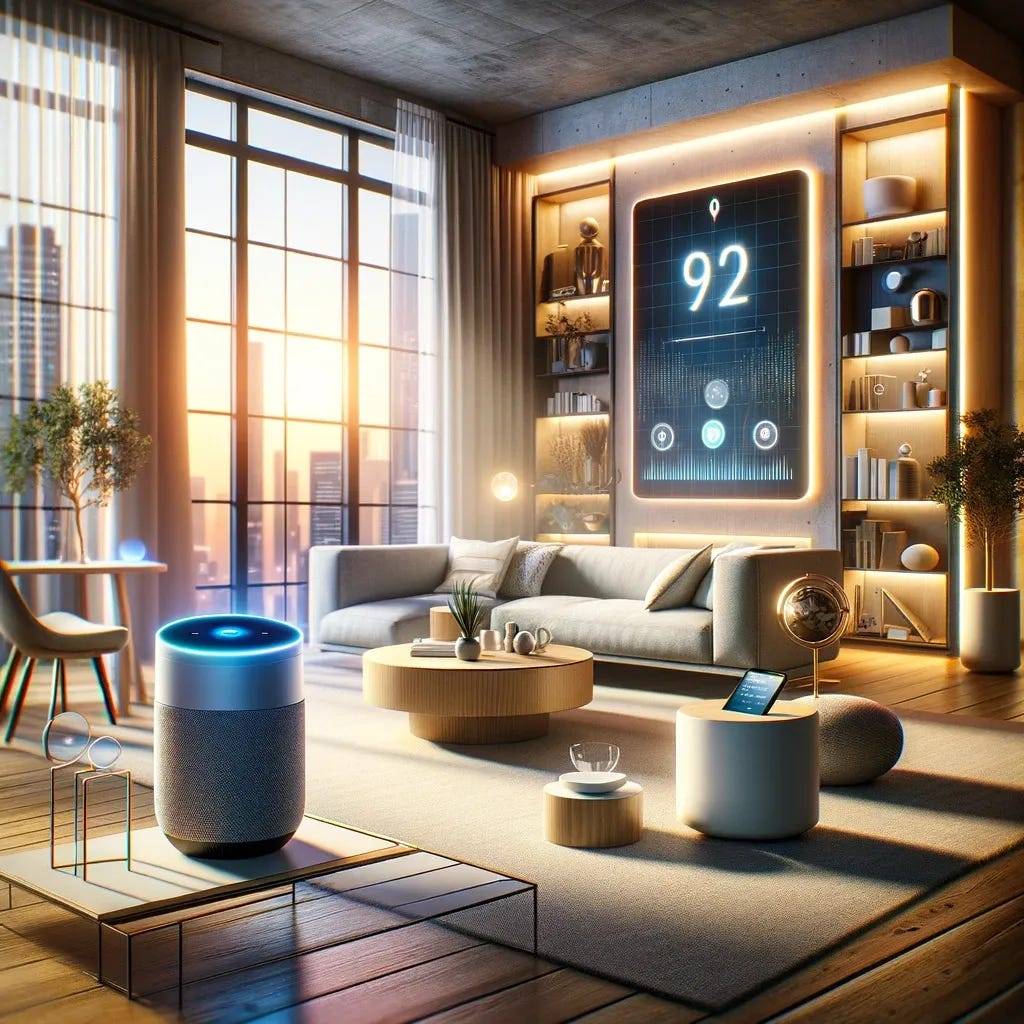
In the not-so-distant past, the notion of conversing with a machine was the stuff of science fiction, a fantasy confined to the pages of an Asimov novel or the screen of a Spielberg flick. Fast forward to today, and we’re living in a world where talking to a device is not just real; it’s mundane. The voice-activated virtual assistants — the Siris, Alexas, and Google Assistants of the world — are no longer novel curiosities; they’re as ubiquitous as the smartphone in your pocket or the microwave in your kitchen.
These digital assistants, powered by artificial intelligence (AI), are transforming our daily routines in ways both overt and subtle, tangible and imperceptible. They are not just tools; they are the new members of our households, our tireless, uncomplaining secretaries, our ever-ready helpers. And like all technology that integrates seamlessly into our lives, they are reshaping our habits, our preferences, and perhaps even our personalities.
Consider the way these AI assistants have made managing our daily tasks a matter of a few spoken words. Need to set a reminder to buy milk? Just tell your assistant. Want to know the weather forecast for tomorrow? Ask your assistant. Planning a dinner and need to know the recipe for coq au vin? Your assistant has you covered. It’s all very convenient, almost eerily so. These devices are always listening, always ready to jump into action at the sound of your voice.
But this convenience comes with its own set of implications. For one, there’s the issue of privacy — a concern as old as technology itself. These devices are, after all, conduits of data, and in their quest to serve us better, they are constantly gathering information about our lives, our habits, and our preferences. It’s a trade-off, the currency being our data for their services. And this is not a simple transaction. It’s a complex, ongoing negotiation about the boundaries of technology in our lives.
Then there’s the way these assistants are subtly altering our behavior. We’re becoming accustomed to a world where our whims can be catered to with just a few words. This can be seen as empowering, but it can also foster a certain impatience, a reluctance to engage with the world in more traditional, perhaps more challenging ways. It’s the paradox of technology: it makes our lives easier, but in doing so, it can also make us less inclined to exert effort.
Despite these concerns, it’s undeniable that voice-activated assistants are an impressive feat of technology. They’re a testament to the ingenuity of human innovation, a reminder of how far we’ve come in our quest to make our tools not just smarter, but more human. They listen, they understand (most of the time), and they respond in kind. It’s a dance of human-machine interaction, a ballet of bytes and neurons.
As we move forward, the relationship between us and our digital assistants will continue to evolve. They’ll become smarter, more intuitive, perhaps even more human-like. And as they do, we’ll continue to grapple with the implications, both good and bad, of inviting these voices into our homes, our lives, and our conversations. For better or worse, these assistants are here to stay, and they’re reshaping our world, one spoken command at a time.
About Disruptive Concepts
Welcome to @Disruptive Concepts — your crystal ball into the future of technology. 🚀 Subscribe for new insight videos every Saturday!







